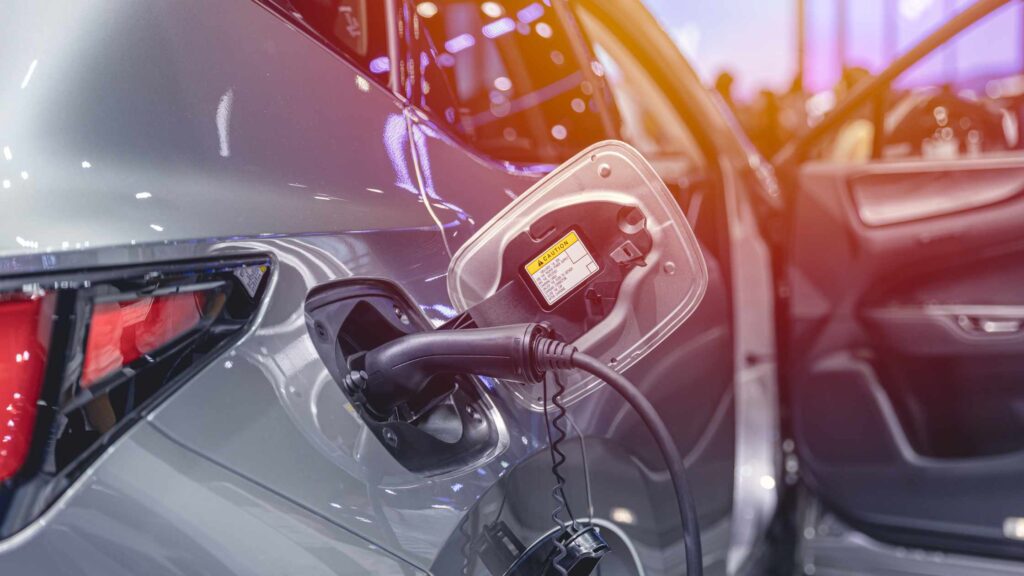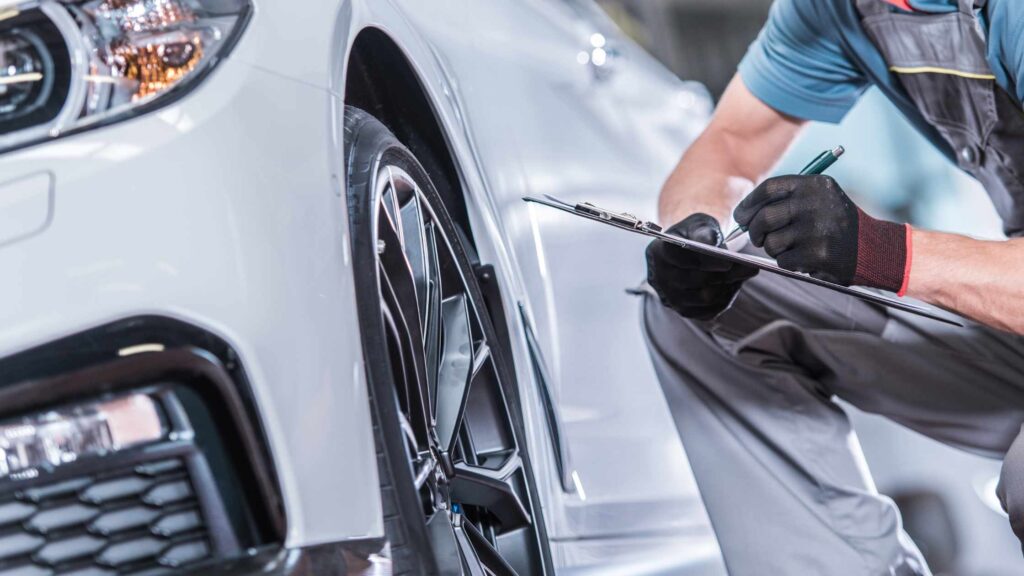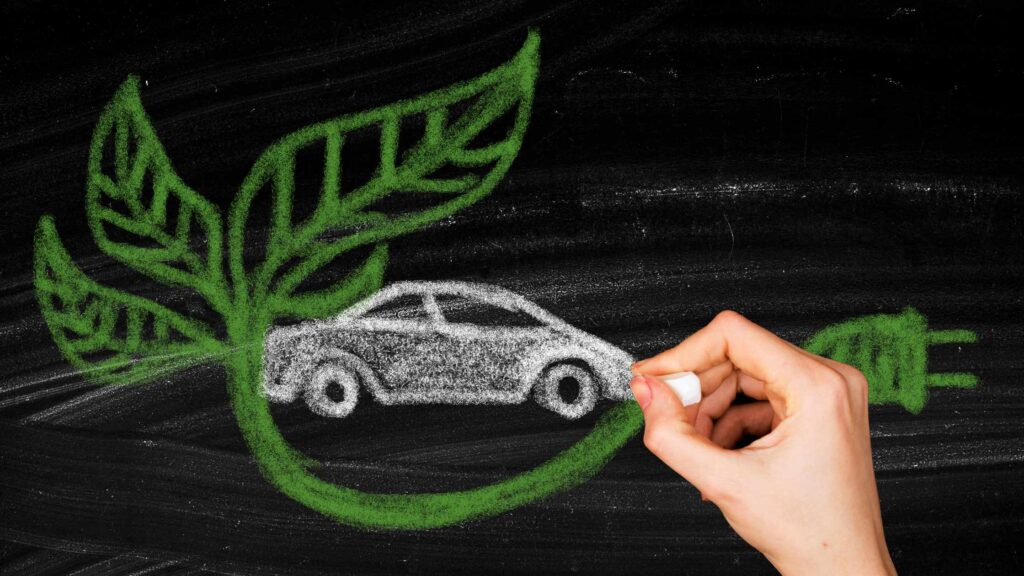Introduction
With the increasing concern for environmental sustainability, the automotive industry has witnessed a surge in developments and innovations in electric and hybrid vehicles. These eco-friendly alternatives to traditional gasoline-powered cars provide numerous advantages, including reduced carbon emissions, enhanced fuel efficiency, and improved air quality. In this article, we will explore some of the most noteworthy advancements in electric and hybrid vehicles that are revolutionizing the way we think about transportation.
Electric Vehicles (EVs)
Battery Technology: The Powerhouse of Electric Cars
One of the key factors contributing to the popularity of electric vehicles is the advancement in battery technology. Lithium-ion batteries have significantly improved their energy storage capacity, allowing EVs to travel longer distances on a single charge. Furthermore, the development of fast-charging stations enables EV owners to recharge their vehicles quickly, making long-distance travel more feasible.
Range Anxiety: Overcoming the Fear of Running Out of Juice
Range anxiety, the fear of running out of battery power, has been a major concern for potential EV buyers. However, recent advancements in electric vehicle technology have greatly minimized this issue. Modern EVs now offer impressive ranges, with some models capable of traveling up to 400 miles on a full charge. This increased range helps alleviate the anxiety and allows EV owners to drive confidently without constantly worrying about finding a charging station.
Electric Motors: Efficiency and Performance
Electric motors are the heart of electric vehicles, and advancements in motor technology have led to significant improvements in both efficiency and performance. The latest electric motors provide instant torque, delivering quick acceleration and a smooth driving experience. Additionally, electric motors have fewer moving parts compared to traditional internal combustion engines, resulting in lower maintenance costs and increased reliability.
Hybrid Vehicles
Regenerative Braking: Harnessing Energy from Deceleration
Hybrid vehicles utilize regenerative braking systems to capture energy that is typically lost during braking. When the driver applies the brakes, the electric motor acts as a generator, converting the kinetic energy of the vehicle into electrical energy. This energy is then stored in the battery and used to power the vehicle, reducing the reliance on the internal combustion engine. Regenerative braking not only improves fuel efficiency but also helps to extend the lifespan of the brakes, reducing maintenance costs.
Plug-In Hybrid: The Best of Both Worlds
Plug-in hybrid vehicles combine the benefits of electric and gasoline power. These vehicles have larger battery packs than conventional hybrids, allowing them to run solely on electricity for a certain distance range. Once the battery charge is depleted, the internal combustion engine takes over and continues to power the vehicle. The versatility of plug-in hybrids provides drivers with the option to choose between electric mode for short commutes and hybrid mode for longer trips, providing the best of both worlds in terms of efficiency and flexibility.
Environmental Benefits
The environmental advantages of electric and hybrid vehicles are undeniable. By reducing reliance on fossil fuels, these vehicles significantly decrease greenhouse gas emissions, contributing to improved air quality and combating climate change. In addition, electric vehicles produce zero tailpipe emissions, eliminating harmful pollutants such as nitrogen oxides and particulate matter, which are major contributors to respiratory and cardiovascular diseases.
Future Trends
The advancements in electric and hybrid vehicles show no sign of slowing down. Manufacturers are continually investing in research and development to improve battery technology, increase charging infrastructure, and enhance the overall driving experience. Furthermore, the automotive industry is exploring new possibilities, such as hydrogen fuel cell vehicles and autonomous electric cars, which could potentially revolutionize transportation even further.
Summary
Electric and hybrid vehicles have witnessed remarkable advancements in recent years, reshaping the automotive industry and providing eco-friendly alternatives to traditional gasoline-powered cars. The progress in battery technology, range improvement, and electric motor efficiency are propelling the widespread adoption of electric vehicles.
Meanwhile, hybrid vehicles offer a convenient transition for those who seek the benefits of electrification without compromising the flexibility of traditional fuel. As these technologies continue to evolve, the future of transportation looks greener and more sustainable than ever before.







